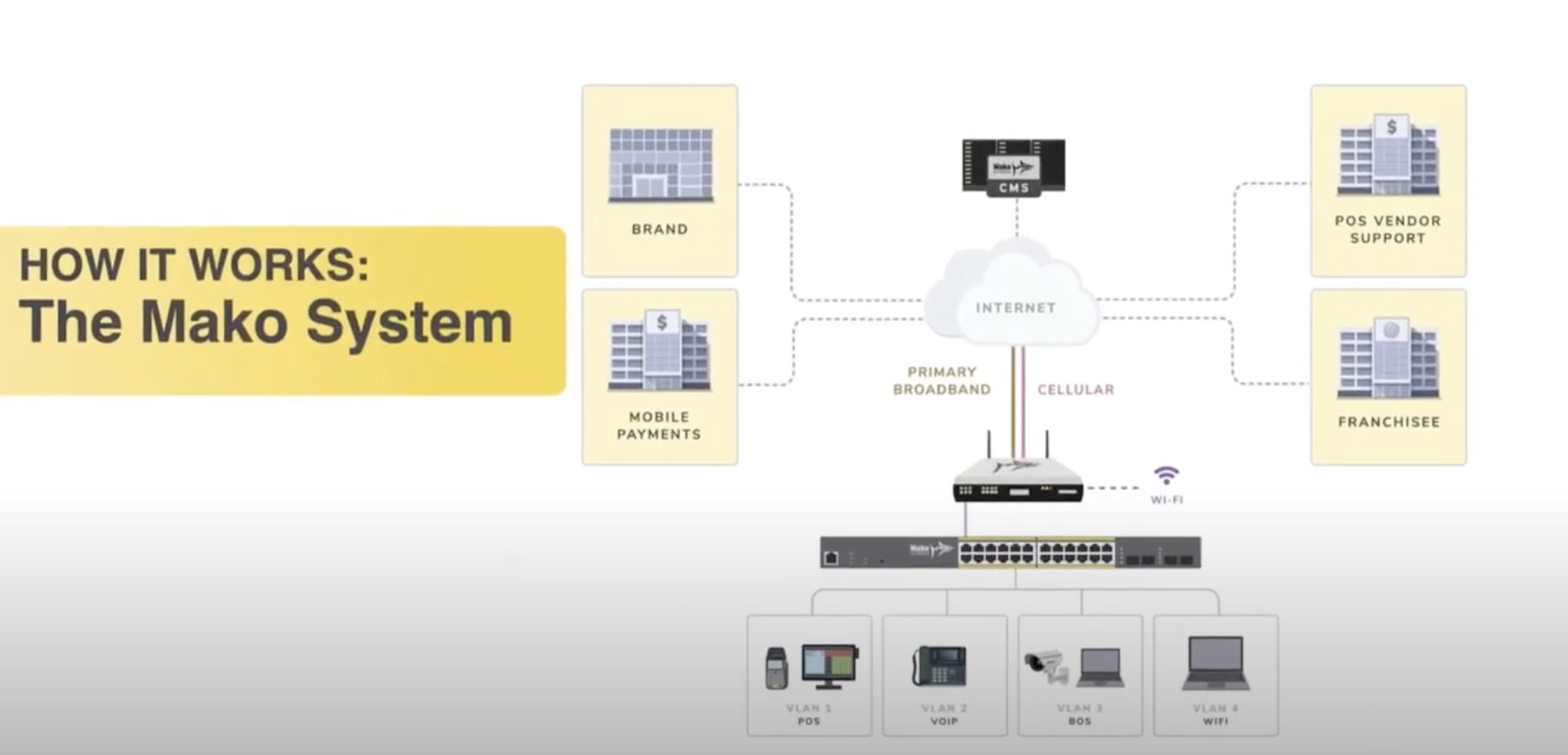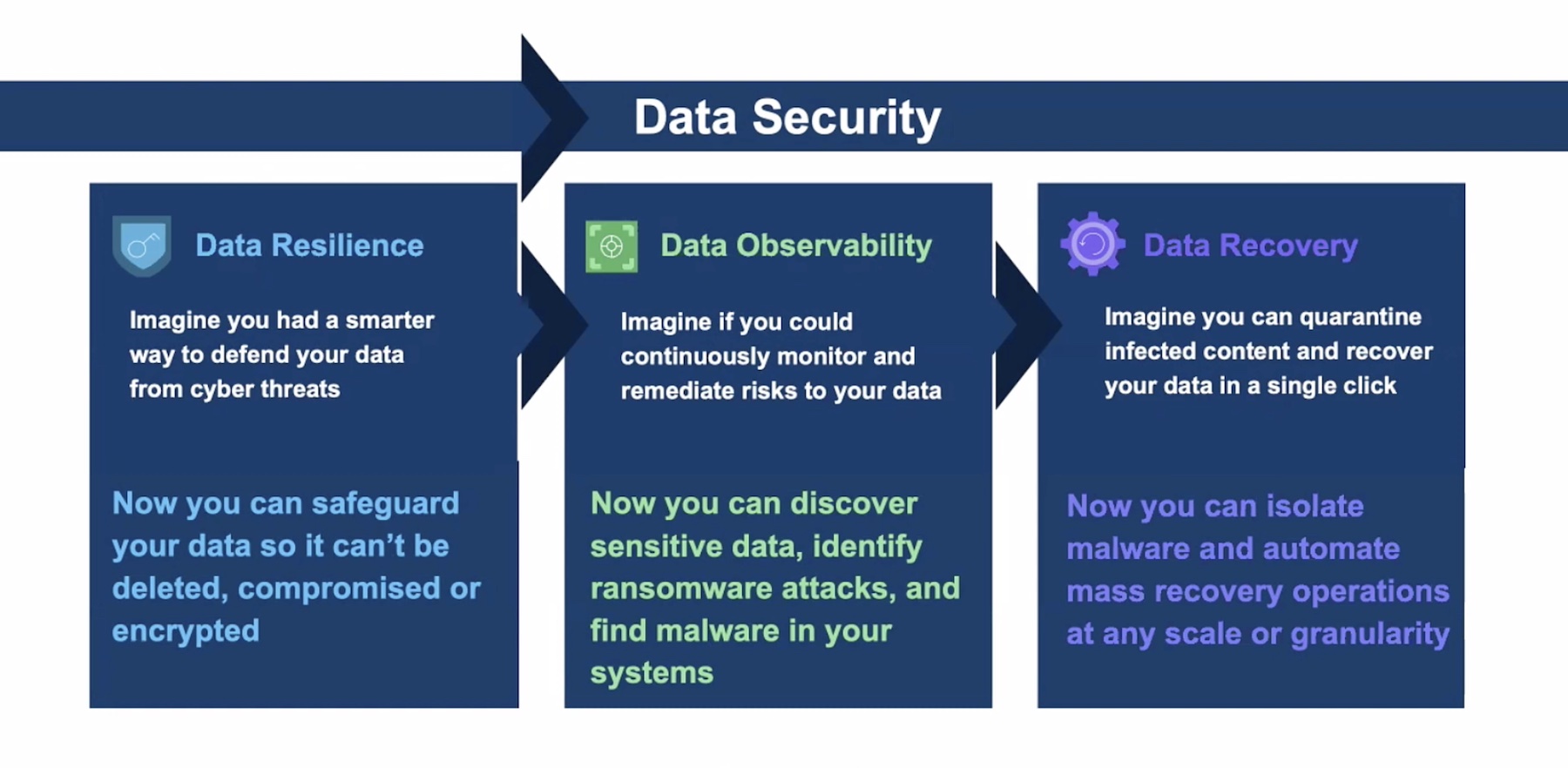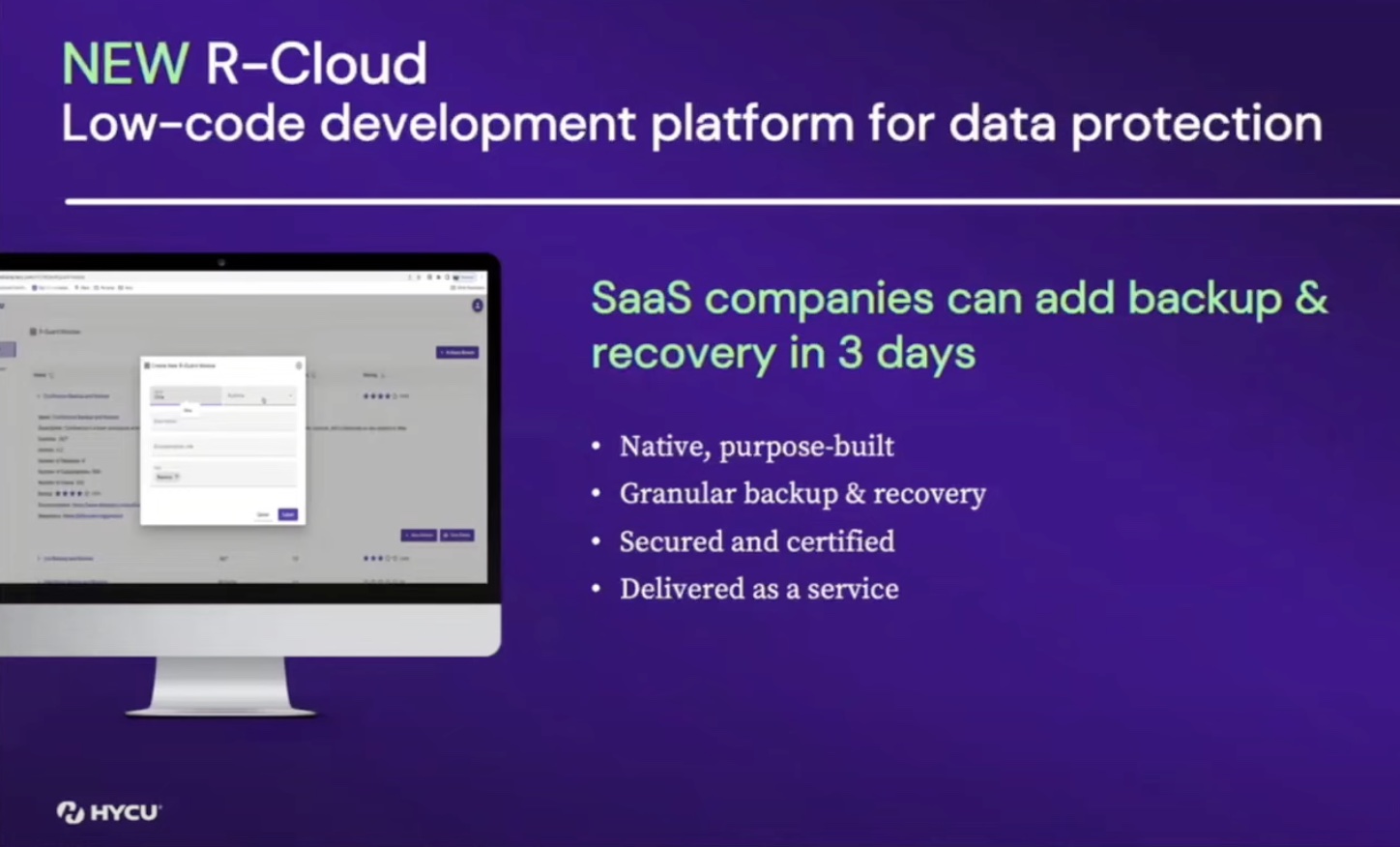I’m excited to continue to cross over my love of Star Wars and security, except this time, we’re leaving the realm of hypothetical and entering that of reality. The Joint Enterprise Defense Infrastructure (or JEDI) contract has been an off-and-on-again fixture in the news, both on a national scale and throughout the enterprise, as today’s top public cloud providers vied (and now vie again) to enter the good graces of the Department of Defense to be the chosen supplier of governmental cloud infrastructure. Now, the formerly closed contract has been reopened, this time under the moniker, Joint Warfighter Cloud Capability (JWCC), and as the big dogs in cloud resume their bidding, we’re due for an entirely different outcome than last time, at least, so we hope.

A Brief Saga of the JEDI Contract
The infamous JEDI contract began back in 2019, as the U.S. Government deemed it was finally time to have cloud infrastructure of their own, seeking to pay upwards of $10B to leverage the existing commercial offering of some of today’s top cloud providers at the economy of scale required to back the entirety of the government, or at the very least, the Department of Defense. At the outset of the contract bidding, all of the big names were present in the race: Amazon, Microsoft, Google, Oracle, Hitachi… that is, until Google pulled out due to a “conflict of corporate values.”
At that point, Amazon, whose Amazon Web Services is still the most commercially used cloud service today, seemed to be the shoo-in to win the contract. I want to take a brief aside here to talk about the somewhat irony of this stage of the contract, a “Joint Enterprise” contract, as its name implies. With such wording, one would think that JEDI would have incorporated the cloud offerings of multiple different organizations to create an “All-American” first team of clouds, but given the typical nature of competing products to not play well with each other, much like the Highlander, there could only be one. I digress.
Amazon seemed to be a shoo-in, that is until politics became involved, as they tend to do in these sorts of situations. Former President Trump, who is known for having feuds with his opposition, believed that Amazon was being shown favoritism in the bidding and demanded the contract be placed on hold. Upon later review, there are actually more who claim that Amazon was using less-than-ethical dealings to take the lead in the bidding, but regardless of that, as well as Amazon’s return suit against the government and acting president at the time, the DoD instead offered the contract to Microsoft in October of 2019.
The Empire Strikes Back – Pentagon Slays JEDI With the ‘Force’ of Multi-Cloud
Flash forward to the near present day, where on July 6, 2021, the Pentagon decided to strike down JEDI (with all of their anger, for only then will their journey to the dark side be complete). Poor Star Wars references completely aside, the new contract, JWCC, promises to incorporate the offerings of multiple vendors behind a far more belligerent and potentially concerning name: Joint Warfighter Cloud Capability.
This has set many of the minds of the industry (including my own) whirring, wondering what the new contract holds for the future. Kurt Marko, a friend of Gestalt IT and recipient of mention in the most recent episode of the Gestalt IT News Rundown, is one such person, as he writes about the reprised contract in his post for Diginomica:
A charitable interpretation of the Pentagon’s JEDI decision takes it at face value as a legitimate attempt to improve the DoD’s cloud capabilities, flexibility and cost-efficiency. However, we’re talking about the Pentagon here; an organization known for cost overruns, budget gimmicks and backroom dealing. A more cynical, but realistic explanation is to facilitate the twin procurement strategies known in defense analyst circles as “front loading” and “political engineering.”
Clearly, Marko’s words are provocative ones, but given the mishaps and skullduggery surrounding the initial JEDI contract, such an attitude seems more than reasonable in the face of JWCC. Learn what Marko means by front-loading and political engineering, as well as his final takeaways from the issue, by reading The Empire Strikes Back – Pentagon Slays JEDI with the ‘Force’ of Multi-Cloud at Diginomica.




